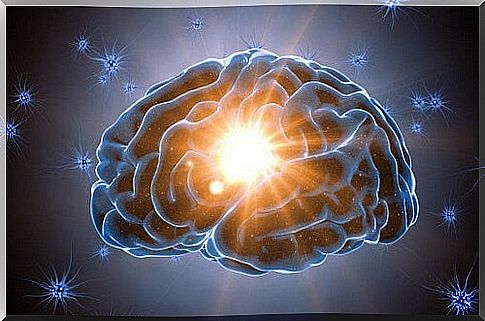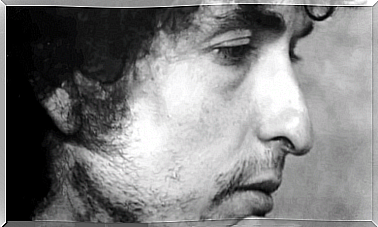The Surprises? The Brain Likes Them!

Why does the brain like surprises? Surprise is a basic emotion that indicates the alteration of the mood following an unexpected event or stimulus. When the unexpected is not so pleasant, then a negative emotion is activated, such as fear, anger or sadness.
On the contrary, when the result is positive, the resulting emotion is pleasant, and therefore triggers an intense activity of the brain regions. These are involved in other emotions, including pleasure. Consequently, we could say that in a sense we have physiological proof that the brain likes surprises.

Brain areas involved
The nucleus accumbens, which is part of the basal ganglia, plays an important role in surprise processing. Apparently, it is activated when we are faced with an unpredictable situation. Especially since the brain unwittingly expects to receive a reward.
As in the case of other emotions, the amygdala also plays a determining role in surprise, helping to decide whether or not what’s in front of us is good for us. In this brain region there are two different groups of neurons: one is activated in the presence of a reward and the other when we receive something unwelcome. Thus, as two distinct parts, one is activated and the other is not.
The pleasure of the unexpected: the brain likes surprises
As we said earlier, when surprises are not pleasant, other emotions are stimulated. When the result is very pleasant, however, there is an extension over time and a greater enjoyment of the emotion.
Several scholars have dedicated their efforts to discovering why this happens and whether the mechanism of surprise can be exploited to apply it to some kind of intervention. In this sense, some American scientists have shown that the nucleus accumbens is intensely activated when an unexpected stimulus arises.
The curious fact is that the nucleus accumbens is a fundamental region of the brain’s pleasure center. It is probably mainly thanks to it that the brain likes surprises. Regardless of whether the surprise is positive or negative, this region will light up, activating, albeit in a mild way, the mechanisms of pleasure.
A perfect example is that many people like to enter the houses of terror, those in which at the Luna Park there are many surprises that we could define as negative, because they stimulate negative emotions, such as fear or disgust.

Effects on learning and memory
Learning is one of the most studied cognitive mechanisms in psychology and neuroscience. For over 50 years, the factors that influence or stimulate longer-lasting learning have been identified, and surprise is one of them.
According to some scholars, the force with which one element is associated with the other is more and more intense, until it stops causing surprise. That is to say that if we present a stimulus A in conjunction with a stimulus B (essential) on several occasions, the person will increasingly expect B to present itself.
Once you have the awareness that it always happens, however, the reaction will diminish more and more. In this sense, scientists have come to the conclusion that when a stimulus generates surprise there is a greater chance of it being fixed in our memory.
This relationship between learning, brain and surprise has recently been proven by neuroimagin studies. In 2001, a group of British and Australian researchers investigated what happens in the learning brain, to see if this phenomenon involved surprise elements. Based on this, it was observed that the nucleus accumbens became less and less active as the subject became familiar with the presentation of stimuli. However, in the event of a surprise event, it would activate again with greater intensity.
Several studies have also shown that what has been learned about a surprise event remains longer in the memory. This could be due to the fact that surprise activates a series of cholinergic and dopaminergic mechanisms that stimulate attention and motivation.









